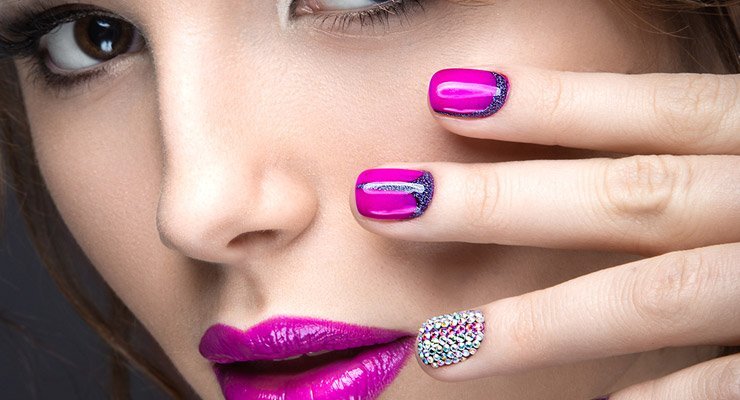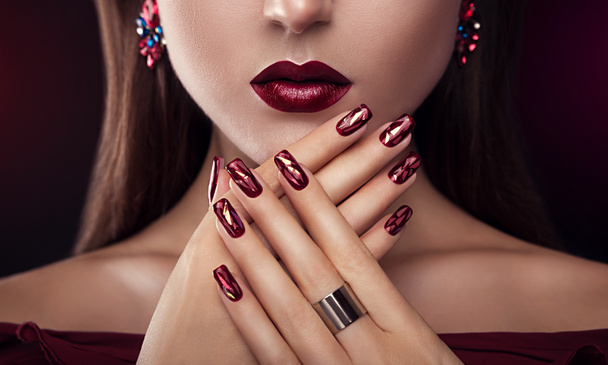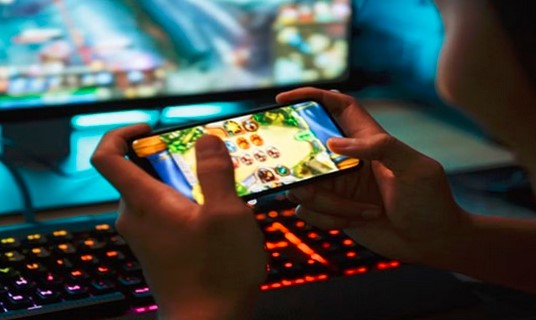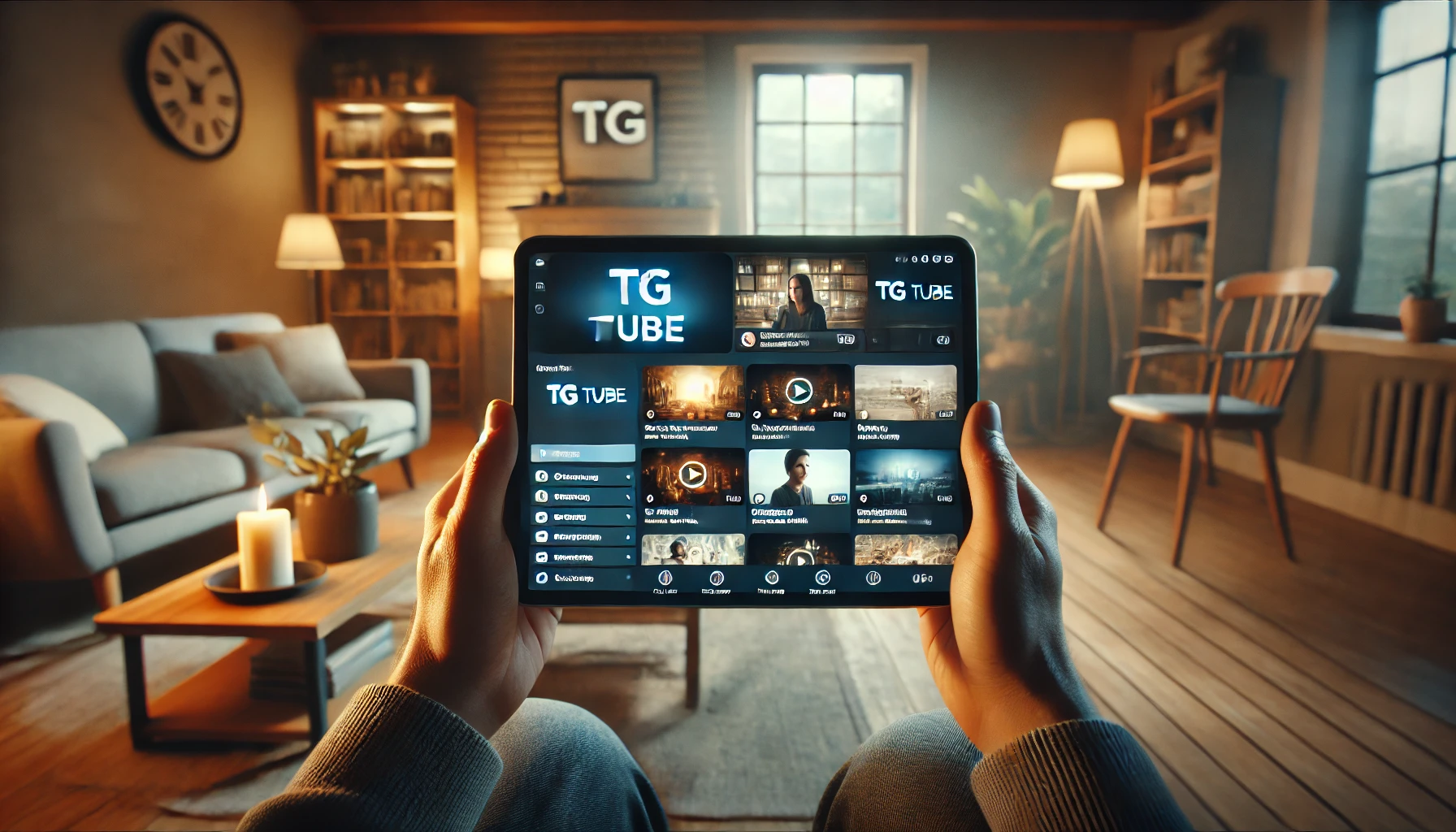The term R Fauxmoi has recently gained attention across various industries like fashion, media, and technology. It refers to a crafted or false identity that differs from reality, often created for artistic or experimental purposes. This article dives into the concept of R Fauxmoi, exploring its meaning, significance, and impact on modern culture.
In today’s digital world, how we present ourselves online has become increasingly important. Whether on social media, in virtual spaces, or even through fashion, people are experimenting with their identities. This article will break down what R Fauxmoi represents, why it’s gaining relevance, and how it’s shaping modern life.
What is “R Fauxmoi”?
The term blends the French word faux, meaning “fake” or “artificial,” with the idea of creating a persona that may not reflect someone’s true identity. It’s a growing trend, particularly in online spaces like Instagram, TikTok, and Twitter, where users can curate their image to present a version of themselves that may not align with reality.
While people have always played with identity, the ability to create a “faux” version of oneself has become more accessible with today’s digital platforms. ican be seen as an exploration of identity where people experiment with how they want to be perceived by others. This phenomenon extends to fashion, where designers play with exaggerated styles and aesthetics, pushing the boundaries between real and artificial.

In fashion, R Fauxmoi could describe a trend or aesthetic that mimics authenticity but deliberately avoids it. Designers may intentionally blur the lines between the real and the fictional, challenging traditional ideas of identity and originality. Similarly, in media, R Fauxmoi can refer to influencers or public figures who craft public personas distinct from who they are in real life.
The Significance of “R Fauxmoi” in Modern Culture
R Fauxmoi has become increasingly relevant as more people live significant parts of their lives online. The lines between real-life identity and digital personas have blurred, giving rise to this trend. Importantly, R Fauxmoi is not about deception but about expressing different aspects of one’s identity.
In the fashion industry, R Fauxmoi is reflected in clothing lines and designs that play with the idea of authenticity. Designers often create exaggerated pieces that feel more like costumes than everyday wear, allowing individuals to explore identities they might not in their everyday lives. Social media influencers also embrace R Fauxmoi, presenting polished, curated versions of themselves that may be aspirational rather than real.
The broader appeal of R Fauxmoi lies in its flexibility. People today are more open to experimenting with who they are and how they present themselves. No longer bound by rigid definitions of identity, they are free to explore new facets of their personality, making R Fauxmoi a significant part of the conversation around self-expression.
The Debate Around “R Fauxmoi”
While R Fauxmoi opens up new avenues for self-expression, it also sparks debate. Critics argue that creating and maintaining a “faux” persona can lead to feelings of inauthenticity and even identity crises. The pressure to constantly present a curated, idealized version of oneself on social media can be mentally exhausting and, at times, damaging.
On the other hand, proponents of R Fauxmoi see it as a way to explore multiple facets of identity. Rather than being stuck in one version of themselves, people can experiment with who they are and how they want to be perceived. For many, this form of identity play is empowering, allowing them to break free from societal expectations.
In fashion and media, R Fauxmoi often serves as a critique of consumer culture’s obsession with image. Some see it as a commentary on how far people will go to craft an idealized version of themselves, while others view it as an artistic and creative exploration of self. Either way, the discussion around R Fauxmoi raises important questions about authenticity and the role it plays in our lives.
The Future of “R Fauxmoi”
As technology advances, so will the concept of R Fauxmoi. Virtual spaces like the metaverse and augmented reality will make it easier for individuals to craft alternate identities, further blurring the lines between real and artificial. In these digital environments, people will be free to experiment with self-presentation, exploring new ways to express who they are—or who they want to be.
The fashion world is expected to continue embracing R Fauxmoi. Designers will likely push the boundaries of authenticity, creating pieces that are not just garments but statements about the fluid nature of identity. Fashion shows and collections will increasingly explore the idea that identity can be as changeable as the clothes we wear.
In media, influencers and public figures will continue to adopt R Fauxmoi personas, not just to stand out but to remain relevant. As content creation becomes more competitive, many will turn to highly curated, artistic personas to differentiate themselves. These personas will become more elaborate, challenging our understanding of what’s real and what’s crafted.
FAQs
- What does “R Fauxmoi” mean?
“R Fauxmoi” refers to a crafted or artificial persona that is different from a person’s true identity, often used for creative or experimental purposes. - Why is “R Fauxmoi” relevant in modern culture?
It reflects the growing trend of self-expression through curated identities on social media, fashion, and virtual spaces, where people explore new versions of themselves. - How does “R Fauxmoi” impact fashion?
In fashion, R Fauxmoi challenges traditional ideas of authenticity, with designers creating exaggerated or hyperreal looks that play with identity. - Is “R Fauxmoi” harmful or helpful?
It can be both. While some see it as a creative way to explore identity, others argue it may lead to inauthenticity and pressures to maintain a false persona.
Conclusion
R Fauxmoi isn’t just a trend—it’s a reflection of our changing relationship with identity. In a world where much of our interaction is digital, the idea of creating and controlling the image we present to others has become more important than ever. Through fashion, social media, and other platforms, people are exploring new ways to express different sides of themselves.
As R Fauxmoi continues to evolve, it will challenge our ideas about authenticity, pushing us to think critically about how we define ourselves. Whether viewed as a creative exploration or a critique of modern life’s obsession with image, R Fauxmoi highlights the fluid and complex nature of identity in the digital age.





